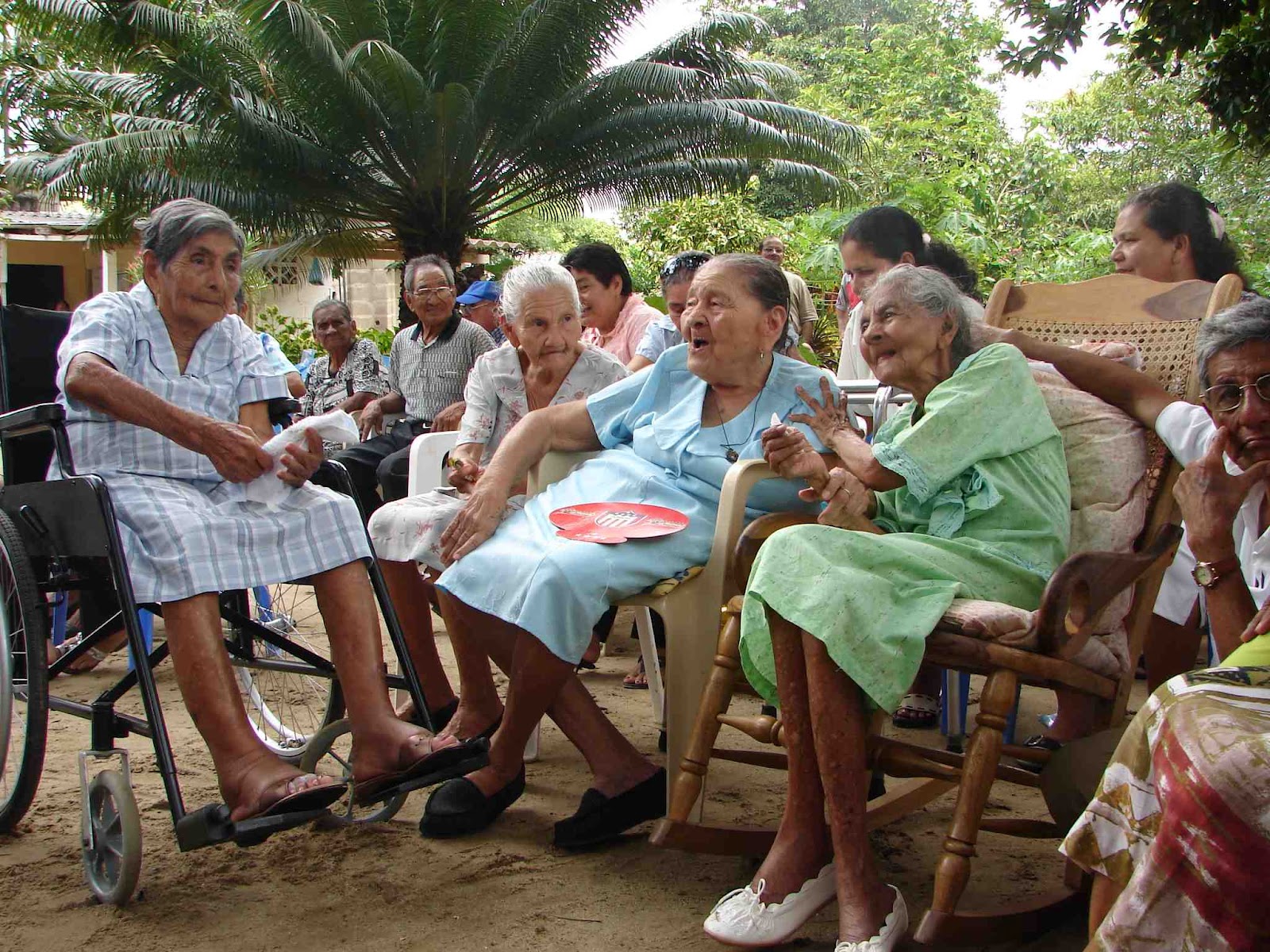
A dominant focus of research in Geriatric Medicine has been on the prevention of the types of disability that are common in older persons. This research is important, because if it is successful it will lead to more years of independent living in which seniors do not need the help of caregivers or care in nursing homes.
But in our zeal to prevent disability in older persons, we sometimes paint an overly bleak picture of disability. Preventing and delaying disability is a very good thing. But there are no interventions or lifestyle changes that fully prevent late life disability. Rather, effective interventions slow down the process. The vast majority of persons who live to old age will experience a period of disability, and this period will often be prolonged. Our research on prevention of disability needs to complemented by studies that teach us how to help frail and disabled elders have an excellent quality of life.
Is it really possible for a senior to be significantly disabled, dependent on others for help with basic activities of daily living, yet consider their quality of life good? A recent study in the Journal of the American Geriatrics Society suggests that the answer is an emphatic YES.
This fascinating study interviewed 62 elderly persons who were cared for by On Lok, a San Francisco based program that cares for disabled older persons who are eligible for nursing home care, but wish to continue living in the community. In extended interviews, the seniors were asked about positive and negative aspects of their life.
The article title, “Quality of Life in Late-Life Disability: I don’t feel bitter because I am in a wheelchair,” nicely sums up the major themes. Despite severe disability (most needed help with multiple ADL), 78% of the seniors rated their quality of life as good or better.
The two central factors that were most important to maintaining quality of life were maintaining control over their daily lives and preservation of dignity. Maintaining a sense of control was often fostered by continuing activities that were important to each individual. Sometimes this meant being allowed to take risks. For example, some seniors felt providers and families too often tried to restrict their activities out of a fear they would fall.
Dignity meant being respected and valued as an individual. One participant noted how societal attitudes can be more harmful to seniors than activity limitations: “It is unfortunate that a lot of family or other people feel that once you’re old, you don’t know anything anymore, or you are just kind of in the way.”
The article also provides a wealth of insights into other factors that impact quality of life in disabled elders. A few examples:
- Adaptation: The ability to overcome physical limitations through assistive devices or behavioral modifications
- Social well being: Positive relationships with family and friends, not feeling like you are a burden, and avoiding interpersonal conflicts
- Psychological well being: Maintaining a positive attitude and the absence of depression or anxiety
- Spiritual and religious well being: Faith in God, a sense of inner peace, and finding meaning in your daily activities
The study, which nicely bridges the disciplines of Geriatrics and Palliative Medicine (GeriPal research) was led be Dr. Jennifer King, now a family medicine resident at the Santa Rosa Family Medicine Residency, who completed the study while a medical student at UCSF. The senior author was Alexander Smith of the UCSF Division of Geriatrics.
One important lesson for clinicians and researchers is that most of the factors identified as important to these seniors are not included in any of our measurement or assessment tools. It will be hard to learn how to improve care for disabled seniors if we don’t bother to measure the outcomes that matter the most to them. If we want to learn how to care for seniors with disability, we need to start by talking to them and learning from them.
by: Ken Covinsky (@geri_doc)



